
- •Text and discourse as a subject of linguistic study
- •Theory of Text
- •Yuri Mikhailovich Lotman
- •Émile Benveniste
- •Michel Foucault
- •The problem of distinguishing discourse and text
- •Robert-Alain de Beaugrande
- •ROBERT ALAIN de Beaugrande:
- •Text and discourse
- •Text and
- •The seven principles of textuality
- •1. Cohesion is the grammatical and lexical relationship
- •1) Referential devices that
- •REFERENCE
- •Anaphoric reference (Collins
- •Cataphoric reference
- •The way cohesion works
- •2) Ellipsis
- •3) Substitution
- •The three types of substitution
- •4) Lexical cohesion is a linguistic device which helps to create unity of
- •5) Conjunction and transitions
- •Grammatical cohesion
- •2. Coherence of the text
- •In short,
- •Coherence concerns the ways in which concepts and relations, which underlie the surface
- •Causality
- •Enablement
- •Reason
- •Purpose
- •3. Intentionality
- •4. Acceptability
- •5. Informativity concerns the extent to
- •6. Situationality concerns the factors
- •Intertextuality Goldilocks
- •… then Goldilocks did another very bad thing! She ate some porridge from
- •That’s all for now!
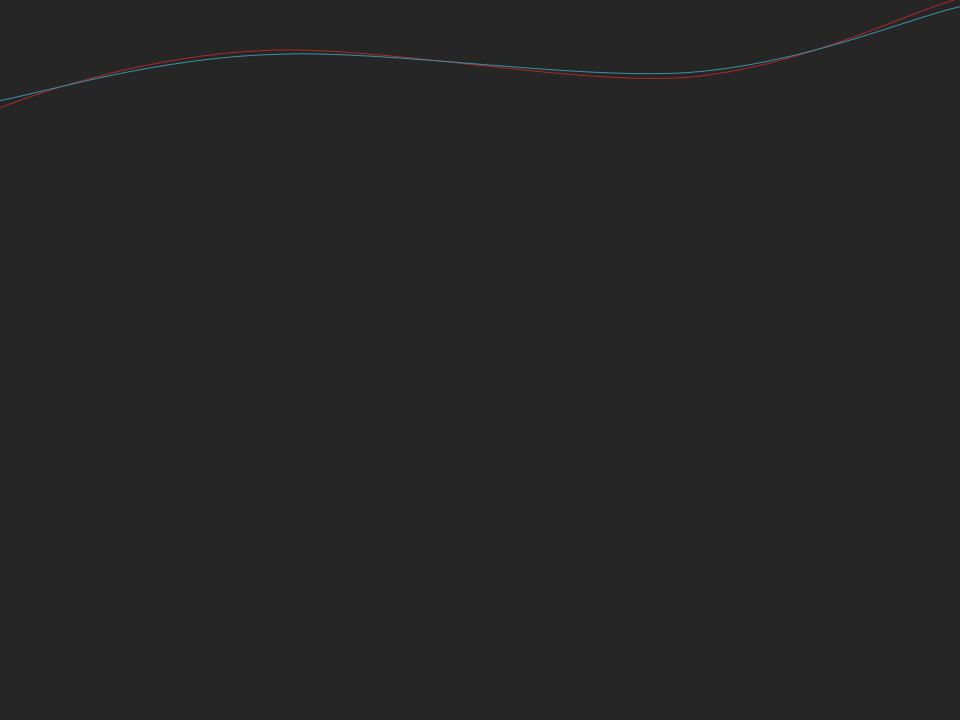
Text and discourse as a subject of linguistic study
Lecture 6
1
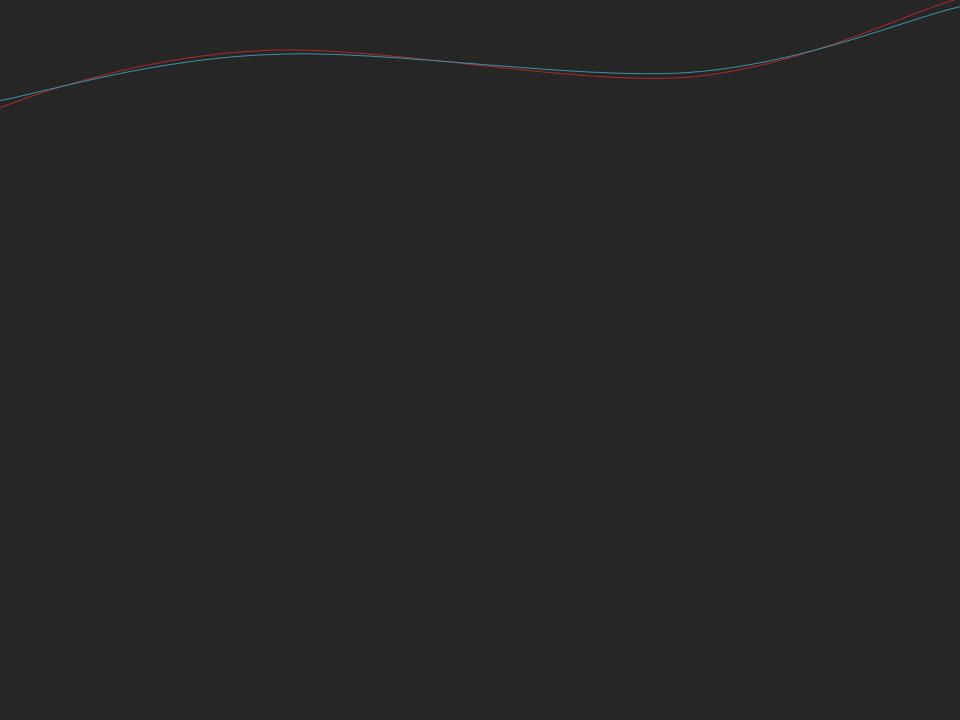
Theory of Text
Yuri Lotman
Robert-Alain de Beaugrande
Werlich E.
Turaeva Z. Chernyavskaya V.E.
Theory of
Discourse
P. Hartmann
E. Scheglov
Algirdas Julius Greimas
M.M. Bakhtin
XX c. 50 ies-60 ies Teun van Dijk [deik] Wolfgang U. Dressler Ėmile Benveniste
2
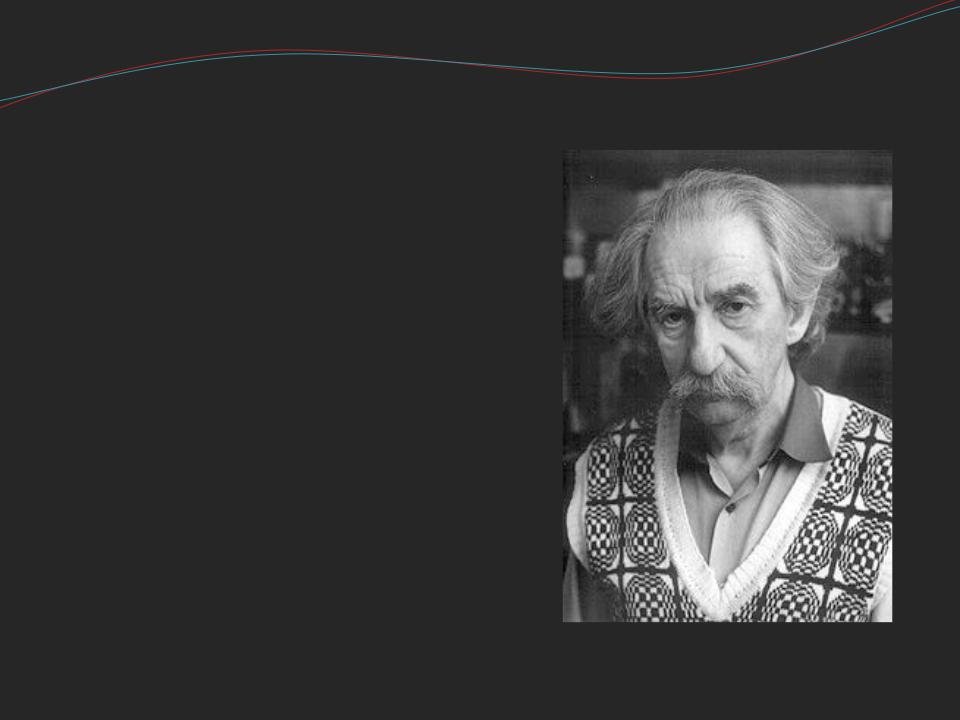
Yuri Mikhailovich Lotman
«Analysis of the Poetic
Text»
«The Structure of the
Artistic Text»
«Внутри мыслящих миров: Человек. Текст.»
(28 Feb 1922-28 Oct 1993)
3
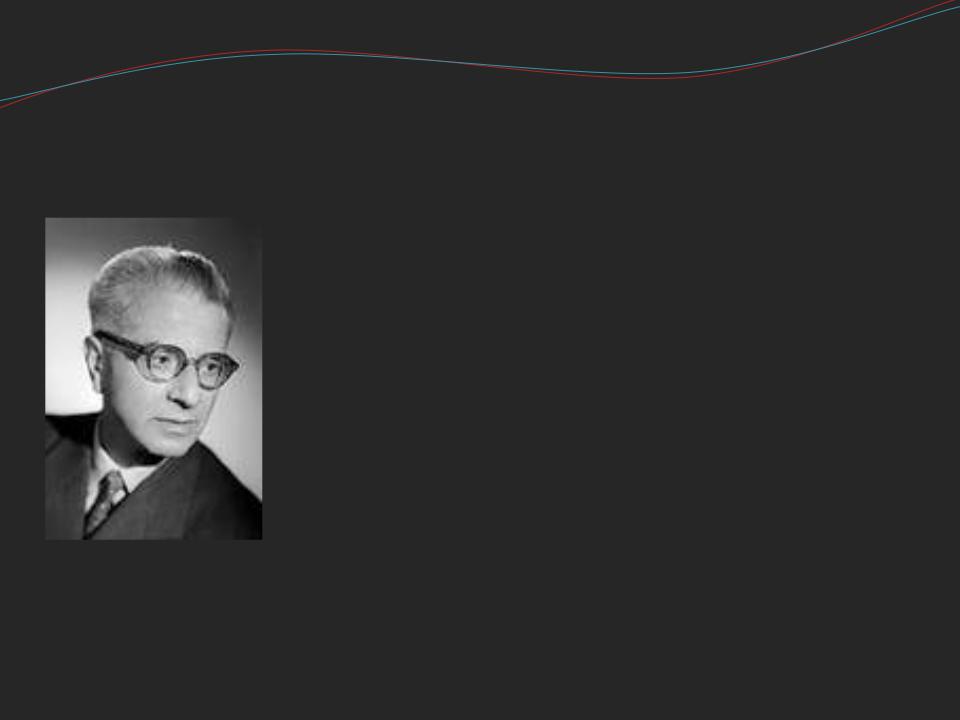
Émile Benveniste
(27 May 1902, Aleppo, Syria – 3 Oct 1976, Paris)
a French Jewish structural linguist, semiotician, an apprentice of Antoine Meillet and his successor
Developed a theory of utterance (French ‘discourse’) which was further elaborated by Michel
Foucault
4
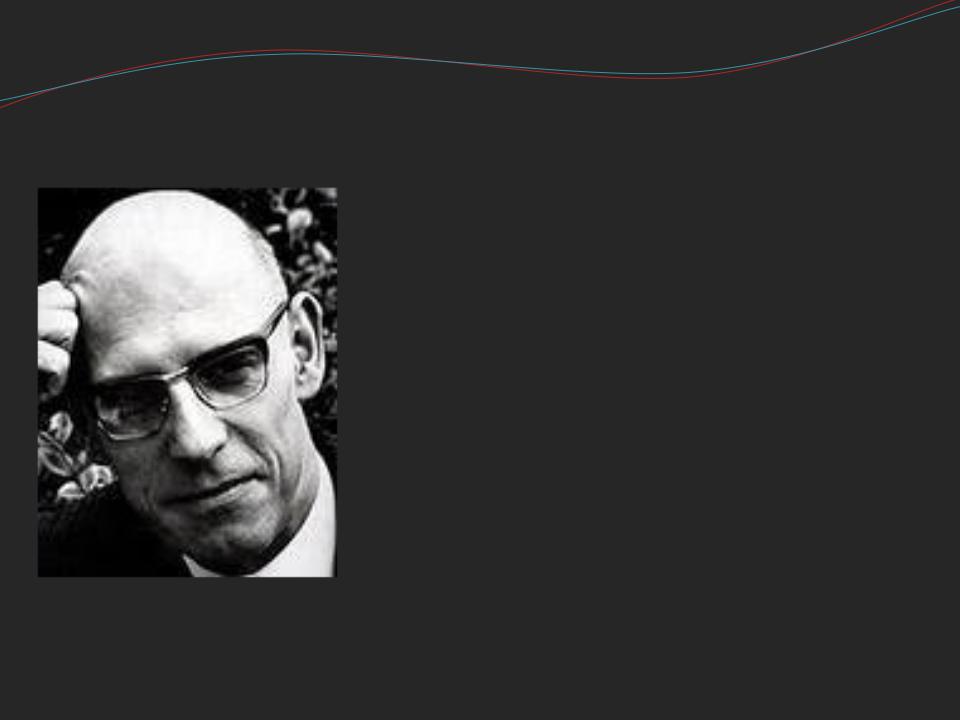
Michel Foucault
(French: [miʃɛl fuko]; born Paul-Michel Foucault)
(15 Oct 1926 – 25 June 1984)
a French philosopher, social theorist, historian of ideas, and literary critic
M. Foucault: discourse is a multitude of utterances belonging to the same formation .
Utterance is not verbal, not liguistically shaped sequence of signs, but a segment of human knowledge and a part of discourse
practice.
Discourse embraces all possibilities for creating certain utterances or actions (Foucault’s ‘discourse practice’ (non)-verbal)); it is maximally widely understood: extralinguistic factors are of primary importance in distinguishing the nature of discourse, the linguistic factors being secondary.
Extralinguistic factors: communicational situation, cultural-ideological environment
where the communication takes place.
5
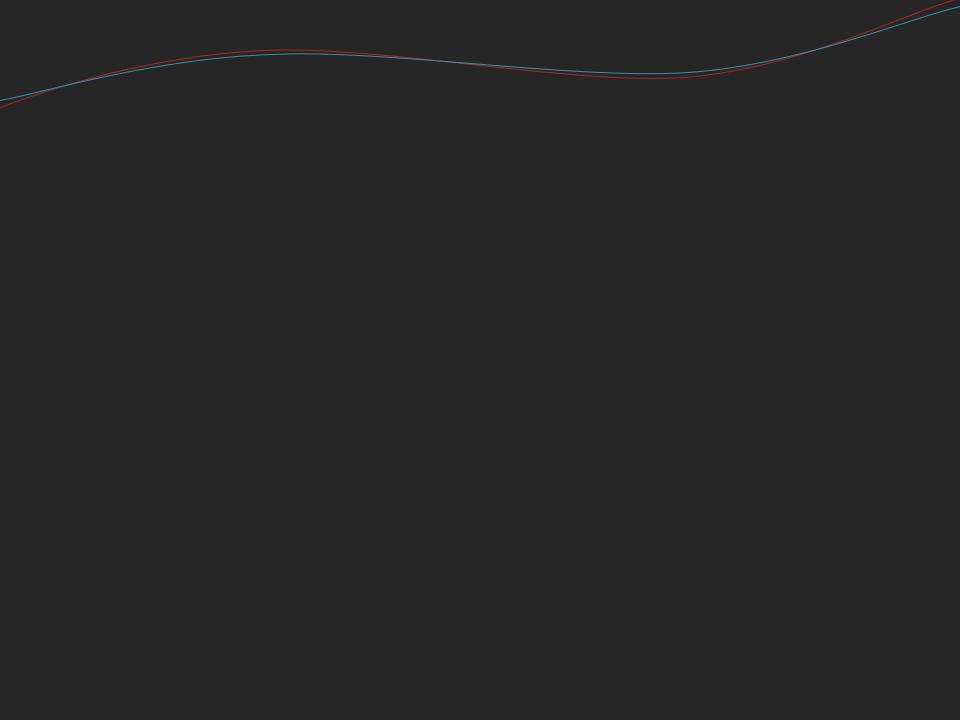
The problem of distinguishing discourse and text
Discourse is defined through text:
Text in relation to discourse can be viewed as its fragment, as the basic unit of discourse (Звегинцев 1976; Степанов 1995)
Discourse as a whole text or a complex of texts somehow united (Арутюнова 1990; Серио 1999);
Text can also be viewed as a certain result of discourse functioning (Бенвенист 1974; Борисова 2001),
Text can be viewed as being equal to discourse (Николаева 1978).
6
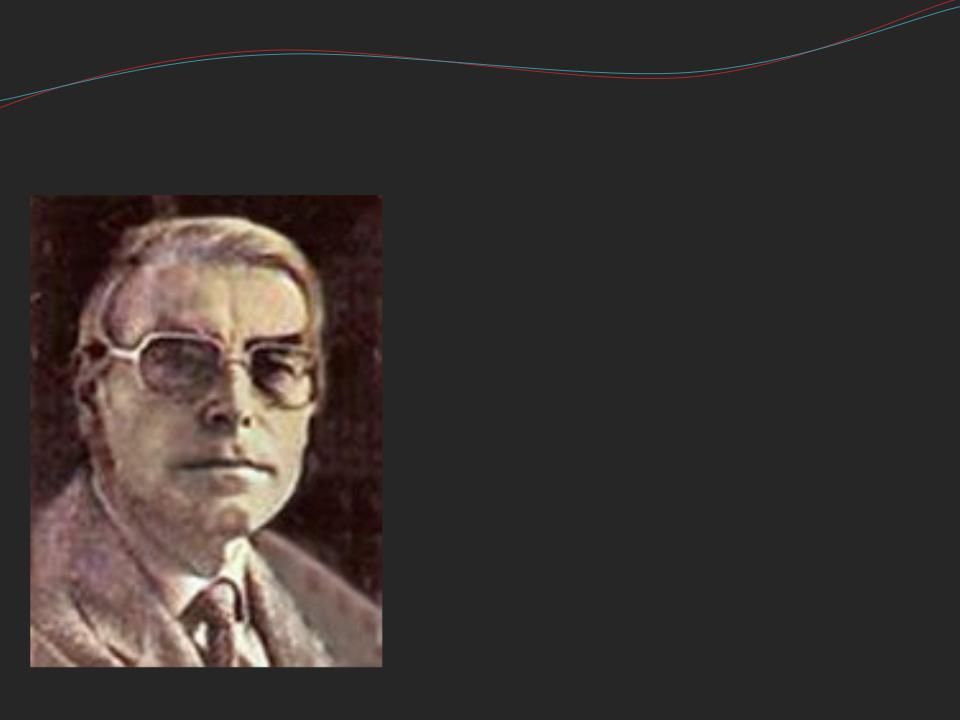
Robert-Alain de Beaugrande
(1946 – 2008)
A professor of English Linguistics at the University of Vienna (1991-1997)
A text linguist and discourse analyst, one of the leading figures of the Continental tradition in the discipline.
A major figure in the consolidation of critical
discourse analysis.
7

ROBERT ALAIN de Beaugrande:
A language is a theory of cognitive knowledge and social experience (what language users know and live),
Discourse is its practice (how they talk about it), both sides interfacing the linguistic, cognitive, and social domains.
A text is a communicative event that contributes to a discourse as a set of mutually relevant texts, usually a conversation;
A text can deploy not just language, but tone of voice, gesture, facial expression, imagery, photographs, cinema, or some combination of such resources.
8
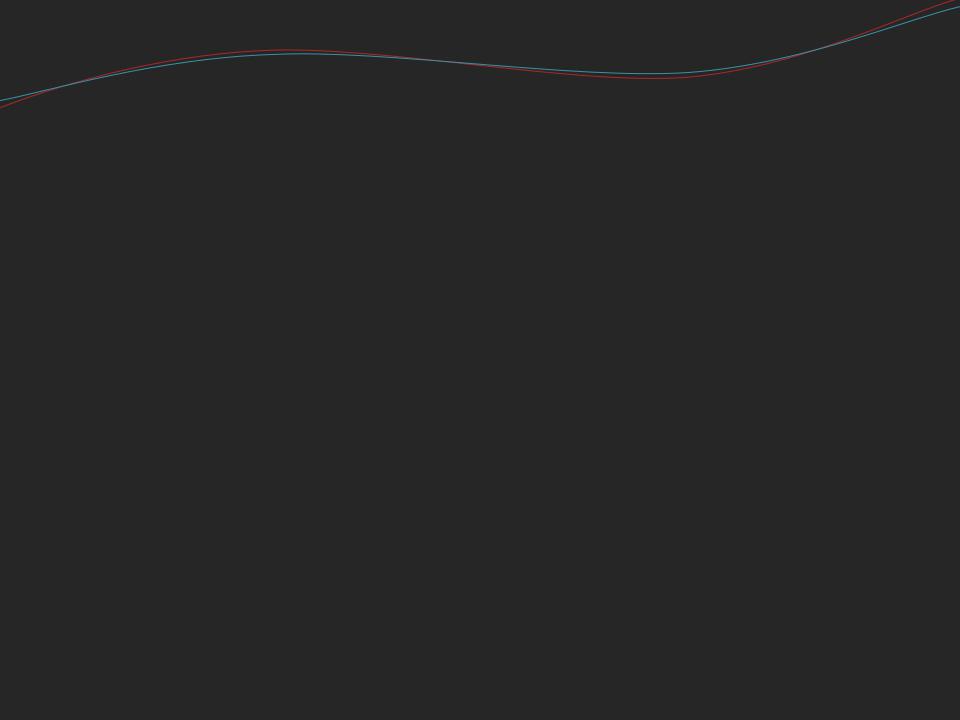
Text and discourse
Latin ‘textus’ derived
from ‘texo’ ‘to weave, to build’
Used figuratively to mean ‘style,
syllable, connection, coherent statement’
Discursus – derived from discurro ‘to run
in different directions, to spread about, to fall apart’
Used figuratively to mean ‘to tell’
9
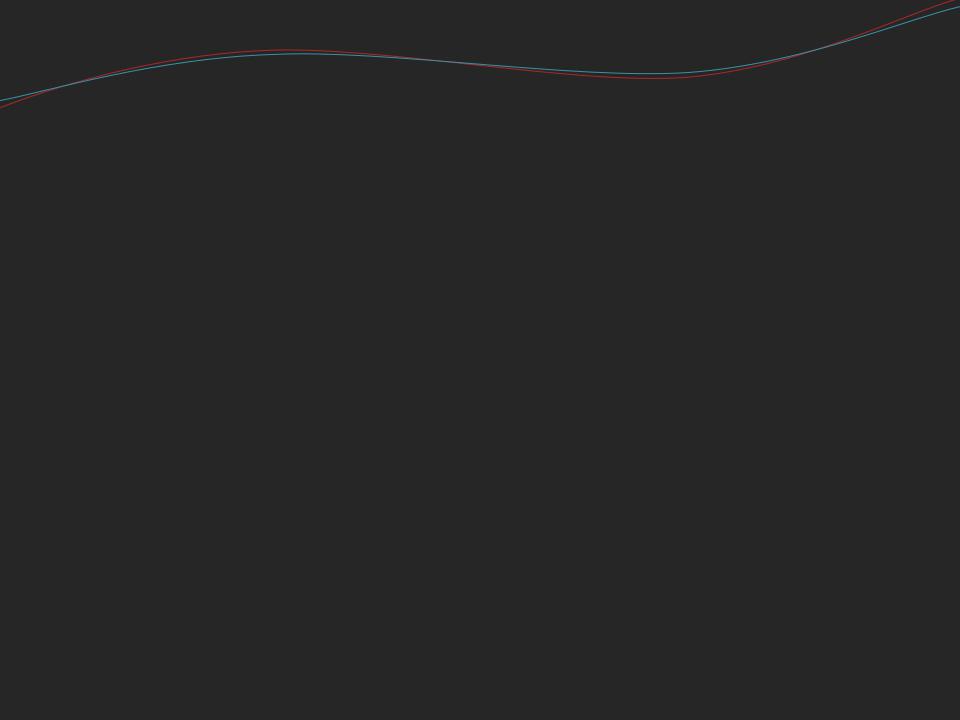
Text and
Text is predominantly orderly, formally regulated
Is static, the reader follows the author’s flow of thought without the possibility to intrude
Text is stated in a written form
discourse
Discourse – is speech, with concrete visible, detectable, understandable people, participating in dialogue
Is predominantly oral (is followed by notions like ‘speaker’, ‘hearer’, ‘to tell’, ‘conversation’).
Can be written as well – newspaper discussion, news in mass media
Is predominantly spontaneous; like speech discourse is dynamic. Utterance provokes
a chain of questions, answers,
comments.
10
